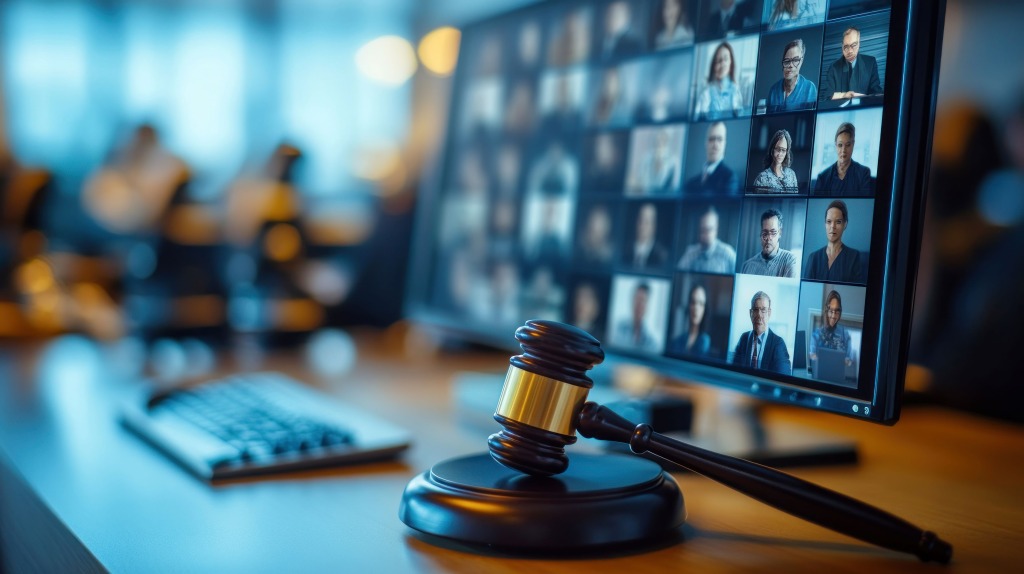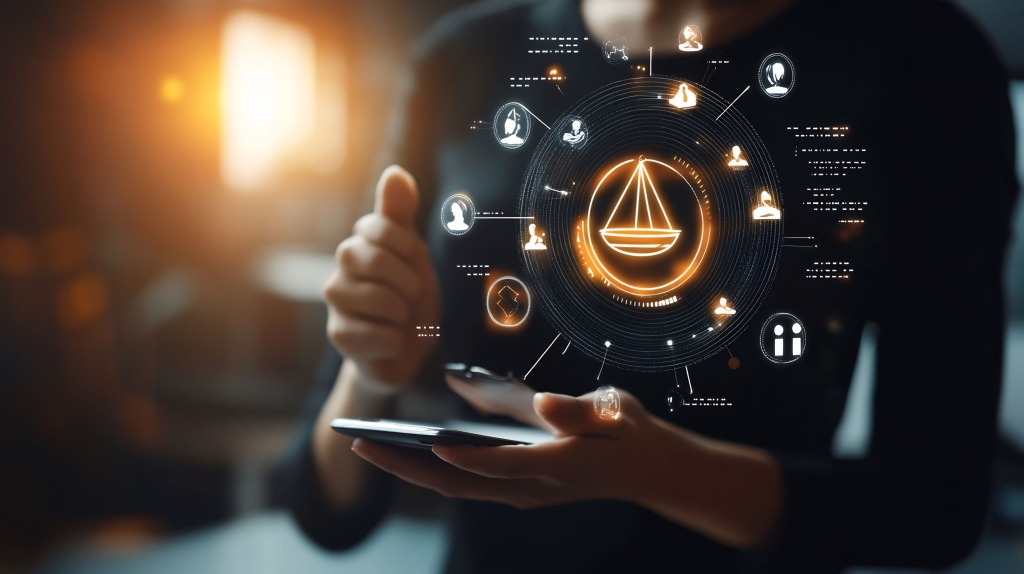
The legal industry, traditionally viewed as resistant to change, is no exception to the impact of technology. Technology has become an indispensable tool for legal professionals, from the investigation of legal precedents to courtroom proceedings.
Its integration has streamlined complex legal processes and paved the way for innovative approaches to resolving disputes. This evolution signals a shift toward a more efficient and data-driven legal system that is better equipped to meet the demands of modern society.
This article discusses the role of technology in modern litigation in more detail:
Legal Research and Case Preparation
Technology has significantly enhanced legal research. In the past, lawyers relied on physical law libraries and manually sifted through legal texts to find relevant precedents and statutes. Artificial intelligence tools enable lawyers to quickly access a vast case law and statutes database, saving time and ensuring thorough research.
Legal technology improve accuracy in addition to speed. AI-driven platforms can highlight key phrases and flag relevant legal principles, minimizing the risk of overlooking critical information. For example, natural language processing (NLP) capabilities allow lawyers to input plain-language queries and receive precise results.
For instance, experienced criminal defense in Los Angeles can leverage legal tech to quickly understand the complex legal system in the region, review evidence, and identify inconsistencies to ensure you are well represented. Nevertheless, lawyers must remain vigilant, ensuring that technology is a supplement rather than a substitute for human judgment.
E-Discovery and Document Management
Electronic discovery, or identifying, collecting, and reviewing electronically stored information (ESI), has become a cornerstone of modern litigation. In today’s digital age, evidence is often stored in emails, text messages, social media posts, and other electronic documents. Traditional methods of document review, which involved manually sorting through paper files, have been replaced by advanced e-discovery software.
One of the primary benefits of electronic discovery technology is its ability to handle the sheer volume of digital information generated in modern litigation. For instance, keyword search functions and predictive coding can help lawyers find specific details from online databases or prioritize documents most likely relevant to a case.
Additionally, robust document management systems ensure that evidence is well-organized and easily accessible, further streamlining the litigation process. This reduces the time and cost of manual review, enabling legal teams to focus on strategic decision-making.
Virtual Courtrooms and Remote Hearings

The rise of virtual courtrooms is one of the most significant developments in modern litigation. Spurred by the COVID-19 pandemic, courts worldwide adopted video conferencing tools like Zoom and Microsoft Teams to conduct hearings, depositions, and trials.
Virtual courtrooms have proven beneficial for individuals facing logistical challenges attending in-person hearings. For example, remote hearings reduce travel costs and time, making participation easier for clients, lawyers, and witnesses. Additionally, these proceedings have expanded access to justice by enabling individuals in rural or underserved areas to engage with the legal system.
Predictive Analytics in Litigation Strategy
Predictive analytics has emerged as a powerful tool for shaping litigation strategy. By using advanced algorithms to analyze past case outcomes, jury behavior, and judge rulings, predictive analytics can help lawyers assess a case’s likely trajectory. This data-driven approach enables legal professionals to make more informed decisions, from determining whether to settle or proceed to trial to tailoring arguments to specific judges or juries.
One key benefit of predictive analytics is its ability to reduce uncertainty in litigation. For example, legal research tools that analyze historical data can predict how a judge might rule on a motion or how a jury might respond to specific arguments. These insights empower lawyers to develop strategies that maximize their chances of success. Additionally, predictive analytics can identify potential risks or weaknesses in a case, allowing legal teams to address them proactively.
Despite its advantages, predictive analytics is not infallible. The accuracy of predictions depends on the quality and completeness of the data being analyzed. Ethical concerns surround its use, particularly if algorithms reinforce existing biases or fail to account for individual nuances. However, when used responsibly, predictive analytics can enhance the strategic capabilities of legal professionals, giving them a competitive edge in an increasingly data-driven field.
Transparency and Fairness
Technology has also played a crucial role in promoting transparency and fairness in litigation. For instance, case management systems ensure that records are meticulously maintained and easily accessible. This not only improves efficiency but also fosters accountability, as parties can track a case’s progress and verify that procedures are being followed correctly.
Another promising development is the use of blockchain technology for evidence storage, says Science Direct. Blockchain’s tamper-proof nature ensures that digital evidence remains secure and unaltered throughout litigation. This can be particularly valuable in cases involving sensitive or disputed evidence, as it provides a transparent and verifiable record of all interactions with the data.
Lastly, technology has improved access to justice by making legal information more readily available online. Resources like virtual legal clinics, self-help portals, and AI-powered chatbots enable individuals to fight for their rights and navigate the legal system more effectively.
Conclusion
Technology has undeniably transformed modern litigation, offering tools that enhance efficiency, improve decision-making, and promote transparency. From legal research to virtual courtrooms, technological advancements have reshaped how legal professionals approach their work. While challenges such as data privacy and cybersecurity concerns remains, the benefits of legal tech outweigh the drawbacks.



















